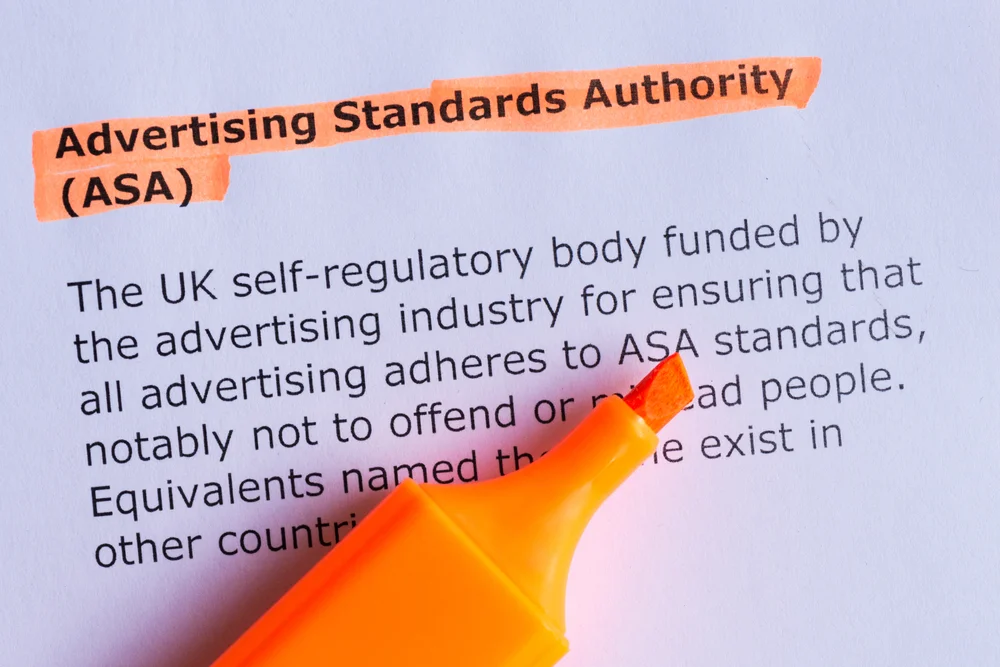In recent months, social media has been filled with influencers and creators promoting Amazon FBA success stories, with Darren Campbell’s FBA Brand Builder program frequently mentioned. These posts often feature impressive income claims and lifestyle benefits, positioning the program as a fast track to financial freedom. But recent information from multiple sources suggests that participants may be receiving a £500 referral fee for each new recruit they bring into the program.
If true, this financial incentive raises significant questions about transparency and legality. For UK-based influencers, failing to disclose such arrangements could potentially mislead followers and breach advertising regulations.
Examples of Influencers Promoting the FBA Brand Builder Program
Several individuals have built their social media presence around promoting their FBA Brand Builder success. Here are some key examples:
- Josh McKee (@josh.mckee211): Josh’s Instagram showcases his journey with Amazon FBA, often promoting the FBA Brand Builder program as a means to achieve financial independence. While he highlights the “freedom” that comes with running an Amazon business, there’s no disclosure regarding potential referral fees.
- David Crawford (@davidcrawford07): David’s profile reflects a similar narrative, sharing motivational posts about the financial benefits of FBA without mentioning any possible referral incentives. His content mirrors the program’s promotional tone, framing FBA as accessible to anyone willing to “take the leap.”
- Aoife Kelly (@aoife_amzn): Aoife has created a separate Instagram account dedicated solely to FBA content. Her posts highlight impressive sales figures and the lifestyle benefits of the program. However, her original account still promotes her makeup services, suggesting a dual role that raises questions about her full commitment to FBA. Like the others, her content lacks disclosure of any referral fees she might receive.
Each of these influencers presents FBA as a genuine success story but omits any mention of the financial incentives behind their promotions. This lack of transparency raises concerns about whether followers are getting a fair and complete picture.

Why Transparency Matters: Legal Ramifications of Undisclosed Referral Fees
In the UK, the Advertising Standards Authority (ASA) and Competition and Markets Authority (CMA) have strict rules for influencers regarding disclosure. According to these regulations, if an influencer is paid or receives any financial benefit—such as a referral fee—for promoting a product or service, they must clearly label the content as an ad (e.g., using tags like #Ad, #Sponsored, or Paid Partnership). This requirement applies whether the benefit is direct payment or a commission-based incentive like referral fees.
When influencers fail to disclose such incentives, they risk misleading their followers by creating the impression that their endorsement is purely personal. In cases where influencers portray themselves as independent success stories without revealing financial ties, audiences may be led to believe the program’s success is achievable for anyone, which may not be the case. For followers, this lack of transparency is significant: it makes it hard to distinguish between genuine testimonials and incentivized promotions.
If UK-based influencers continue to promote the FBA Brand Builder program without disclosing referral incentives, they may face serious consequences. The ASA has the authority to investigate breaches and issue fines or even ban repeat offenders from certain platforms. Additionally, undisclosed financial incentives could also violate the Consumer Protection from Unfair Trading Regulations 2008, which prohibits misleading or unfair marketing practices.
Why We’re Speaking Up Now
Our goal is to protect potential participants and promote fair practices by shedding light on these issues. Several individuals have come forward to confirm the existence of the FBA Brand Builder’s referral incentive, adding weight to the need for transparency. If influencers like Josh, David, and Aoife are benefiting financially from these referrals, it’s essential for them to disclose this information to their followers. We intend to monitor these promotions closely and, like any responsible body, we may report non-compliance if the lack of disclosure continues.
The Bottom Line
As more creators join the FBA Brand Builder network, they need to recognize their legal obligation to disclose referral incentives. When influencers openly promote a program without clarifying their financial ties, they risk misleading followers and creating an illusion of success that may not be realistic. For those considering FBA programs, it’s crucial to question whether endorsements are influenced by financial gain and to seek out transparent success stories.
Ultimately, transparency is key. When influencers disclose their incentives, followers can make more informed decisions. We’ll continue to advocate for truth in advertising and ensure that those considering FBA programs have the full picture.

